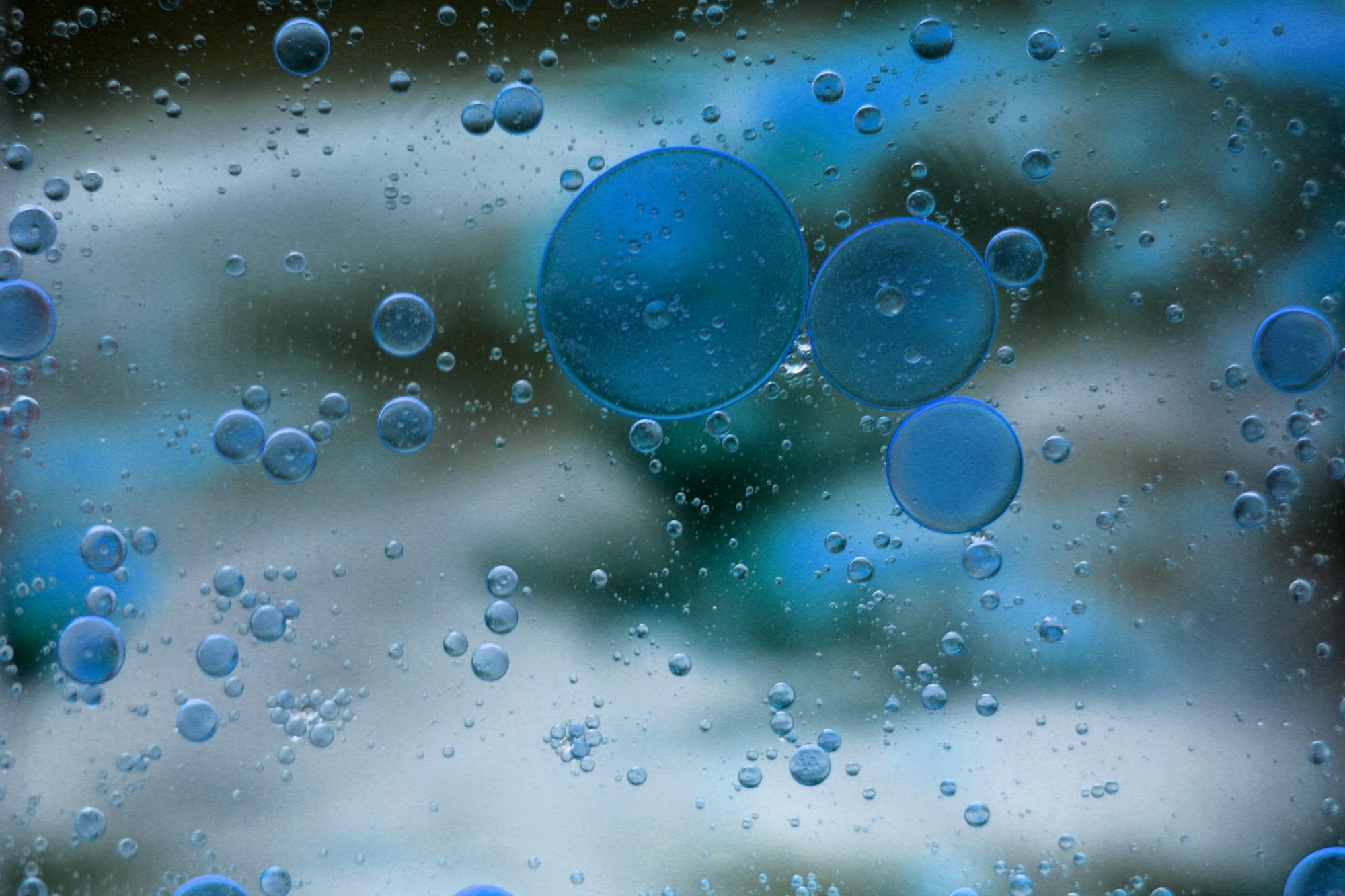
A microfluidizer is an advanced piece of laboratory equipment used to produce micro- and nano-sized materials through a process called High Pressure Homogenization (HPH.) It is widely applied in industries like pharmaceuticals, food, cosmetics and material science for creating emulsions, suspensions, and dispersions.
By using high-pressure pumps, HPHs force liquid suspensions through microchannels, creating intense shear forces and impact areas and in some designs also cavitation, that break down particles to a uniform size. This precision makes microfluidizers invaluable for applications requiring consistent and high-quality material properties.
How does high pressure homogenization work?
High pressure homogenization is a specialized micronization technique that employs high-pressure fluid streams to reduce particle size and enhance the uniformity of pharmaceutical substances. This process is pivotal in improving the solubility and bioavailability of active pharmaceutical ingredients (APIs,) thereby increasing the efficacy of various drug formulations.
Process Overview
High-Pressure Fluid Streams:
The substance is subjected to extremely high pressures (typically 5,000-45,000psi,) forcing it through microchannels designed to create specific flow patterns.
Application of Forces:
As the fluid passes through these channels, it undergoes multiple forces—cavitation, shear, and impact—that work synergistically to break down particles into nano-sized entities.
Particle Size Reduction:
This controlled environment ensures a consistent and precise reduction in particle size, leading to a uniform and stable product.
Encapsulation:
In appropriate formulations, drug molecules can be encapsulated in liposomes or Lipid Nanoparticles (LNPs) to enhance their efficacy.
Emulsifying Cell Design and Fluid Dynamics
The heart of the unique BEE high pressure homogenizers from Pion is our Emulsifying Cell (EC,) which contains precisely engineered microchannels with dimensions typically between 1000-300μm. These channels can be arranged in various sequences and combinations, enabling flexibility, fine tuning and optimization of material properties.
Within the EC there is an interchangeable nozzle which acts as a limiting orifice to increase the pressure from the pump from 2,000 to 3,000 psi up to 45,000 psi at the nozzle. The fluid then rapidly depressurizes, creating cavitation, before passing at hypersonic speed through a sequence of microchannels known as reactors and seals. The size and number of the reactors can be varied depending on the processing required.
Advantages in Pharmaceutical Manufacturing:
● Enhanced Bioavailability: Smaller particle sizes increase the surface area, facilitating better dissolution and absorption of APIs. For poorly water-soluble drugs (BCS Class II and IV),microfluidization can improve dissolution rates by 2-10 fold.
● Improved Product Stability: Uniform particles contribute to the stability and homogeneity of pharmaceutical formulations, extending shelf life and ensuring consistent therapeutic effects. Zeta potential values of -30 to -60 mV can be achieved, indicating excellent stability.
● Manufacturing Efficiency: Utilizing high-pressure homogenizers streamlines the production process, reducing the need for multiple passes and additional premixing equipment, thereby lowering manufacturing costs.
● Narrow Particle Size Distribution: Typical polydispersity index (PDI) values of 0.1-0.3 can be achieved, compared to 0.3-0.7 for conventional methods.
Partner with Pion for High Pressure Homogenizer Excellence
At Pion, we stand behind the science that drives innovation. Our expertise in providing cutting-edge instruments, including BEE brand homogenizers, empowers scientists and researchers to make informed decisions in drug formulation from R&D to manufacturing. We offer robust solutions tailored to your needs, ensuring precision, consistency, and scalability in your applications.
Our technical expertise extends to:
● Process parameter optimization using Quality by Design (QbD) approaches
● Scale-up support from laboratory (20-100 mL) to production volumes (>100 L)
● Method development for challenging formulations with multiple-phase systems
● Analytical support for characterizing homogenized products
Whether you're developing nanoemulsions for pharmaceuticals or exploring new frontiers in sustainable materials, Pion's commitment to quality and service makes us the ideal partner. With advanced technology and dedicated support, you can achieve breakthroughs that redefine industry standards.
At Pion, you can find the microfluidizers you need to meet you R&D or manufacturing needs. Talk to a Scientist to learn more about our equipment and services!

